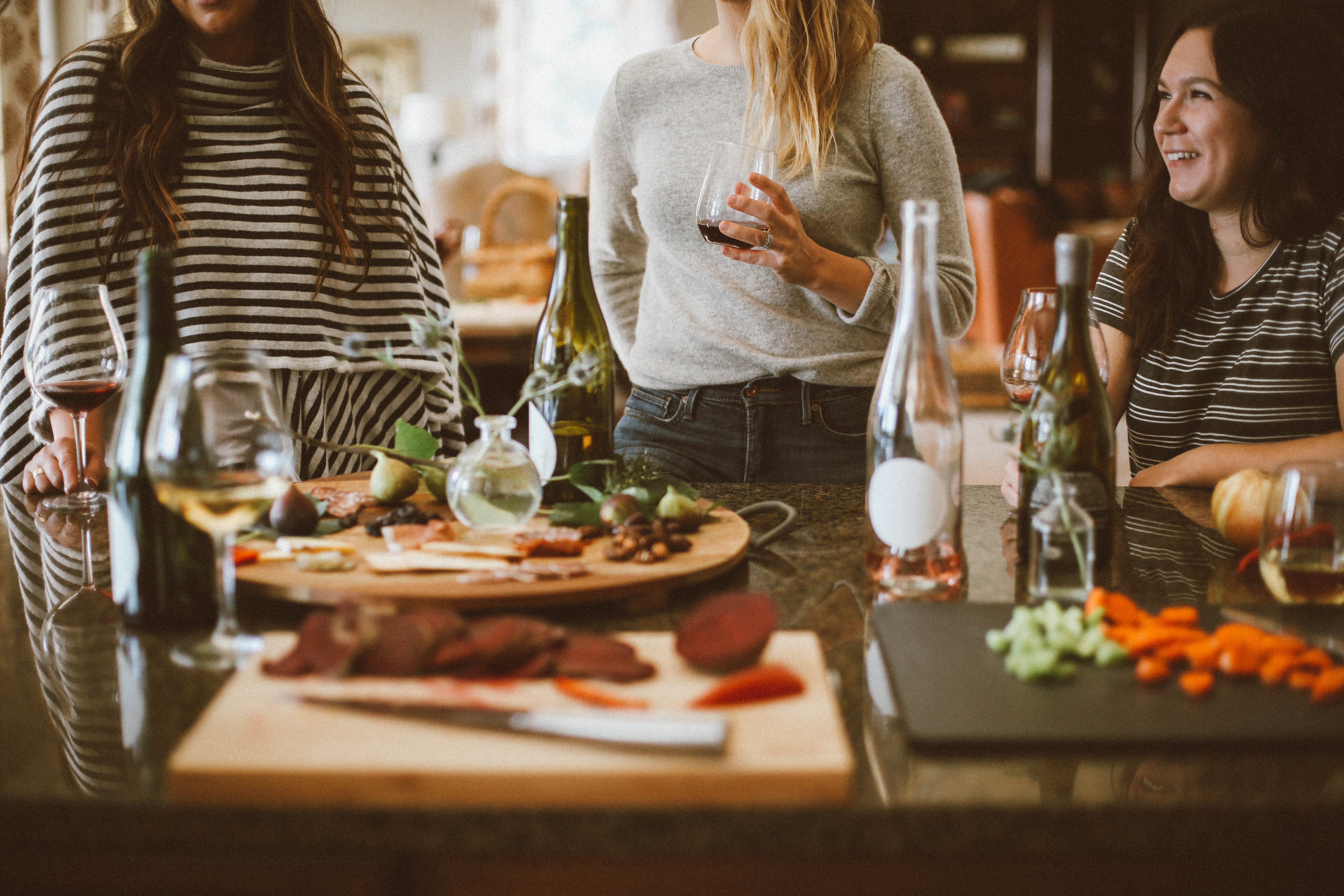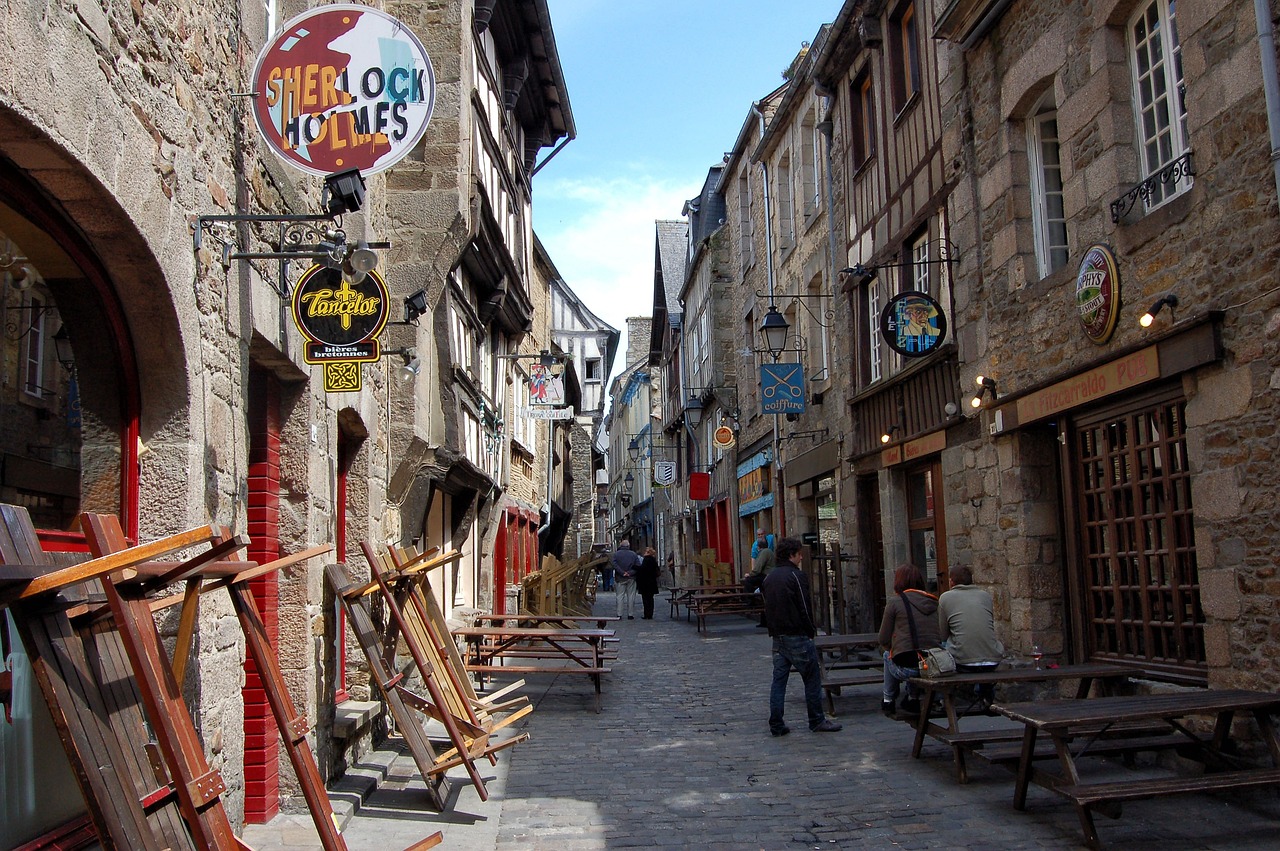(That aren’t carbon)

I admit that I’ve been trying to frame this argument for months. I am going to publish this in the middle of the thinking, because I’d rather discuss the imperfectly formed ideas than hold onto them for another several months. I started a brief flurry of activity on LinkedIn last fall, recording short videos for several of them. I’ve linked the videos in the various sections.
- Develop economic resilience
Our current economy is deeply vulnerable to external shocks, and the more we need to obtain from places far away, the greater the risk of disruption. This is especially true for places in which even work is really done for far off businesses… the situation at a distance can change, and through no fault of your own, your entire local economy can be vulnerable. The more things you have the ability to source locally, the less your basic needs are susceptible to the whims of the broader world. (https://www.linkedin.com/feed/update/urn:li:activity:7135001228547117057/) - Rebuild local relationships
Get to know your neighbours. Even in a time of global disruption, the solutions are largely developed one neighbourhood at a time. You need one another in times of crisis. - Redevelop and preserve (technologically) obsolete skills
We don’t really need to grow our own food, or knit, or keep animals, or even cook, truth be told. But boy oh boy… if we need that down the road someday, we sure want somebody to know what they are doing. - Diversify our society
The only thing that is sustainable is diversity… by which I mean “keeping alive many solutions to the problems of living”. Human beings are evolved to flex around a changing world – but if we all try to flex into the same space of material use, it eventually becomes full.
In a merged global industrial system, with one correct answer to the question of “how should we live,” we are all stuck competing for one niche – resulting in one set of demands on the system, one kind of waste stream.
All our impacts are amplified at scale.
When we choose to eat different things, and use different means of transportation, and value different building materials, we reduce the pressure on each of those individual things. We also keep alive more possibilities, which makes it more likely that, if things change (and they will), we have a possible solution in our repertoire. - Develop and preserve regional knowledge
You know what the limits to growth are in your own vicinity in a way that you can’t know when things are being shipped in from the other side of the planet. (https://www.linkedin.com/feed/update/urn:li:activity:7132357397540438016/) - Increase decision-making autonomy to align it with the knowledge
The more the economy is tied to the outside world, the less autonomy the local decision-makers have – if they need an influx of money to be able to meet their basic needs, they are more likely to make short-term decisions for bad reasons. This only works if the power to regulate the commons goes with the ability to observe them, and even more so, the sense of being connected to them. That is, the people who are committed to a location and genuinely live in relationship with it, the ones who are not planning to leave, and the ones who don’t imagine that their livelihood comes from somewhere else. This is strongly related to the above, so much so that the same video talks about both issues. - Develop a future for the next generation
Most small centres that are in financial decline also are contracting because young people leave. If you want your children to stay and raise their kids where you are, they need to have something to do. Which means they need a local economy into which they can pour their energies – which will also provide them with education and childcare, entertainment, and the potential for genuine engagement. (https://www.linkedin.com/feed/update/urn:li:activity:7132718653753491456/) - Maintain the possibility of aging in place
If the young people leave, the elders have to follow them, because nobody is left to provide medical and support care. This last one may be our best lever for change, for what it’s worth. (https://www.linkedin.com/feed/update/urn:li:activity:7130608896708136961/)

